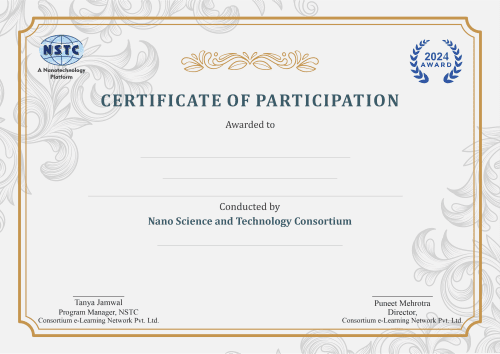
Next-Generation Sequencing Data Analysis Program
Decoding Life: Master the Art of NGS Data Analysis
The Next-Generation Sequencing Data Analysis workshop offers a deep dive into the techniques and technologies used in modern genomics. Over 3 days, participants will learn about various sequencing platforms, including Illumina, PacBio, and Oxford Nanopore, and how to utilize popular bioinformatics tools and software for data analysis. The program will cover essential topics such as sequencing data quality control, genome assembly, variant calling, and functional annotation.
Aim: This workshop is designed to equip participants with the skills to analyze next-generation sequencing (NGS) data, crucial for advancements in genomics, personalized medicine, and biological research. Through hands-on training and theoretical knowledge, students will learn to manage, analyze, and interpret large datasets to drive discoveries and innovations in the life sciences.
- Master the use of bioinformatics tools for NGS data analysis.
- Understand the principles of sequencing technologies and their applications.
- Perform quality control, read alignment, and variant analysis.
- Develop skills in interpreting and reporting genomic data.
- Prepare for advanced research or professional roles in genomics and biotechnology.
What you will learn?
Module 1-
- Introduction to NGS Technology
- Overview of NGS data formats
- Accessing NGS data using SRA tool kit
- Quality control (FastQC) of reads
Module 2-
- Processing of raw reads, adapter clipping, quality trimming
- Read mapping (BWA, BWA-MEM, Bowtie2) to reference sequence
- Mapping output (SAM/BAM format)
- Visualization and evaluation of mapping quality
- Variant Call File Format (VCF)
Module 3-
- Bacterial whole genome assembly using SPADES
- Assessment of genome assembly using BUSCO, QUAST
- Genome Annotation
- Functional annotation using EGG-NOG mapper
Intended For :
- Undergraduate degree in Genetics, Bioinformatics, Biology, or related fields.
- Professionals in biomedical, agricultural, or environmental sectors.
- Individuals with a foundational understanding of molecular biology and an interest in genomics.
Career Supporting Skills


